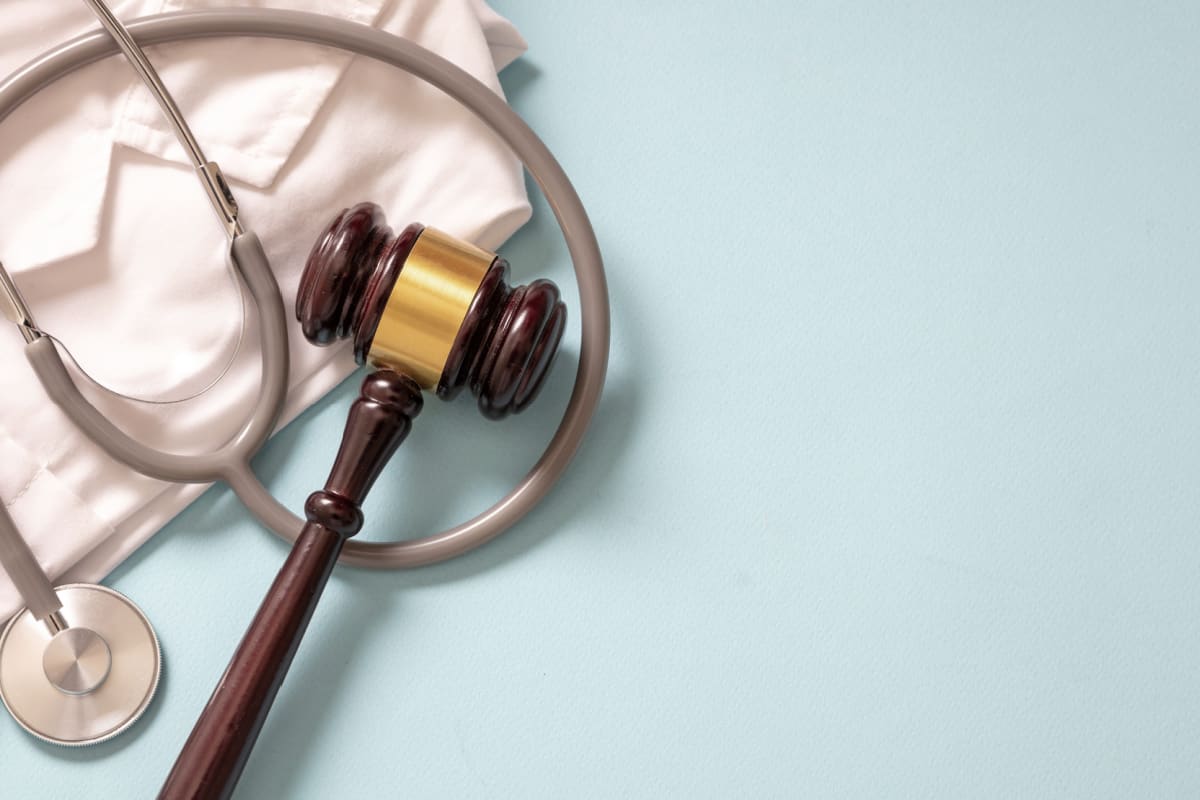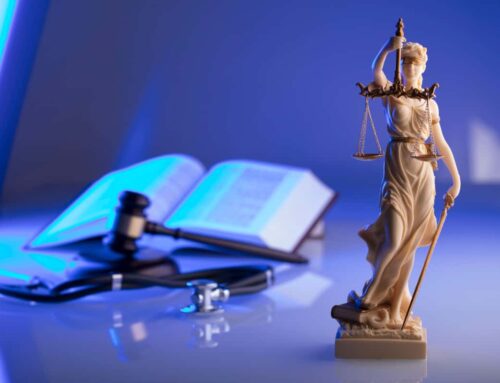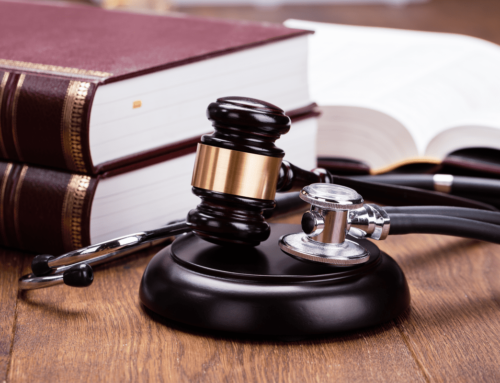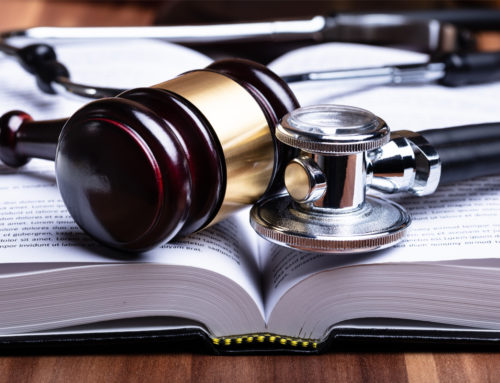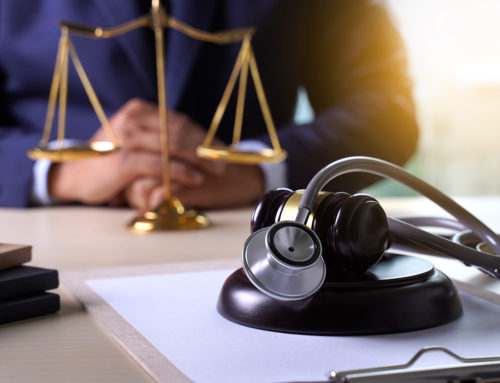When the parents of 8 year-old Chela Butler took her to their family medical practice, the doctor diagnosed her with sinusitis and provided a decongestant. Unfortunately, the young girl’s symptoms were not from a simple cold, but the H1N1 virus, or swine flu. Tragically, Chela Butler died from the illness. Her parents filed a medical malpractice lawsuit, and a jury found the doctor had breached their duty of care for failing to correctly diagnose the child and prescribe the proper medications. The jury awarded Chela Butler’s parents damages of $8 million.
Medical malpractice often remains an ambiguous term for many. In Louisiana’s context, it refers to instances where healthcare providers deviate from established professional standards, causing harm to patients. A basic understanding involves three key elements: a duty of care, breach of said duty, and resulting harm. Medical practitioners owe patients a duty to provide competent care. Breach occurs when care provided falls below acceptable standards. Finally, it’s essential to demonstrate a causal link between the breach and patient harm.
Determining a Breach of Standard of Care in Louisiana Healthcare
In medical malpractice discussions, standard of care often comes up as a significant component. For Louisiana healthcare, determining a breach of standard of care involves assessing if healthcare professionals acted in a way counterparts would in similar circumstances. For example, would a reasonably skilled physician in similar circumstances administer similar treatment? If not, a potential breach might exist. However, medical situations can be complex, with various viable approaches. Thus, determining a breach isn’t about pinpointing error alone, but ascertaining a meaningful deviation from acceptable practice. Expert testimony often plays an important part, providing insight into what constitutes reasonable conduct.
Liability in Louisiana Medical Malpractice Cases: Who’s Accountable?
When a medical malpractice claim arises in Louisiana, determining accountability forms a significant part of the case. Often, people think only doctors can be held liable, but medical malpractice liability can extend beyond individual physicians. It can include nurses, anesthesiologists, healthcare facilities like hospitals, and even pharmaceutical companies. For example, if a nurse administers incorrect medication, or a hospital doesn’t have adequate protocols in place to prevent errors, such entities might bear liability. However, attributing accountability demands establishing a clear link between the negligent action and the harm caused.
Timing Matters: Prescription Periods in Louisiana Medical Malpractice Cases
When dealing with medical malpractice cases in Louisiana, timing becomes of utmost importance due to something called prescription periods. A prescription period serves as a legal time limit within which a patient or affected party must file a medical malpractice lawsuit. In Louisiana, generally, a lawsuit must be filed within one year of the date of the malpractice or the date the malpractice was discovered. However, under no circumstances can a suit be filed more than three years after the date of the malpractice.
Assessing Damages: Economic and Non-Economic Losses in Medical Malpractice
In medical malpractice cases, assessing damages revolves around quantifying the losses a patient incurs due to negligent care. Such damages fall into two main categories: economic and non-economic losses. Economic losses cover tangible, out-of-pocket expenses. These could include costs for additional medical treatments, loss of earnings, or expenses for ongoing care or therapy needed due to the malpractice. On the other hand, non-economic losses involve intangible costs, harder to assign a specific dollar amount to. Such losses could include pain and suffering, loss of enjoyment of life, or emotional distress. Both types of damages aim to compensate patients and return them, as closely as possible, to their condition before malpractice occurred.
Expert Witness Testimony: Role in Medical Malpractice Claims in Louisiana
Expert witness testimony often serves as a cornerstone in medical malpractice claims in Louisiana. Because these cases hinge on whether professional standards of care were breached, someone with expertise in the relevant medical field is often called upon to provide testimony. These experts can elucidate on what constitutes standard care in the specific circumstance, helping to determine whether a healthcare provider deviated from these standards. Moreover, an expert can assist in establishing whether such a deviation directly led to patient harm. In essence, expert witnesses can play a pivotal role in substantiating the two primary components of a medical malpractice case – breach of duty and causation.
Informed Consent in Louisiana: An Integral Part of Medical Practice
Informed consent represents an ethical and legal pillar of Louisiana’s medical practice. It signifies the process where a healthcare provider enlightens a patient about potential risks, benefits, and alternatives of a proposed treatment or procedure. The aim is to empower patients to make knowledgeable decisions about their healthcare. If a healthcare provider fails to obtain informed consent before administering treatment, it could potentially result in a medical malpractice case, even if the treatment was performed correctly. However, proving a lack of informed consent can be complicated. It involves demonstrating that if the patient had known of the risks, a different decision would have been made, and this decision would have led to a better outcome.
Defenses Against Medical Malpractice: A Review for Louisiana Practitioners
When faced with medical malpractice claims in Louisiana, healthcare practitioners often rely on specific defenses. One common defense involves asserting adherence to standard care. By demonstrating that actions aligned with established norms for similar situations, a practitioner may effectively counter claims of negligence. Another defense revolves around informed consent, where a healthcare provider shows that a patient was fully apprised of potential risks before a procedure or treatment. In other instances, practitioners might argue that patient harm wasn’t a direct result of their actions, but rather stemmed from unforeseen complications or pre-existing conditions. In certain cases, lapse of the prescription period might also serve as a defense.
How Louisiana’s Comparative Fault Law Applies to Medical Malpractice Cases
In some medical malpractice cases, both the healthcare provider and the patient may share responsibility for the resulting harm. Louisiana’s comparative fault law comes into play in these situations. Under this law, each party’s fault gets assessed and damages are apportioned accordingly. For instance, if a patient is deemed 20% at fault for not following a doctor’s instructions, and the healthcare provider is deemed 80% at fault for providing substandard care, any damages awarded to the patient would be reduced by 20%. Louisiana’s comparative fault law, therefore, has significant implications for medical malpractice cases, affecting how damages are calculated and awarded.
Post-Trial Scenarios: What Happens After a Louisiana Medical Malpractice Case?

Once a Louisiana medical malpractice case concludes, several post-trial scenarios can unfold. If a patient prevails, they may receive an award for damages, which can include compensation for medical costs, lost wages, and non-economic damages like pain and suffering. However, in Louisiana, a cap exists on the total amount of damages recoverable in a medical malpractice lawsuit. Beyond the courtroom, a malpractice judgment can impact the professional standing of a healthcare provider, possibly leading to disciplinary action or even loss of medical licensure. Regardless of the outcome, healthcare providers often use the experience as a learning opportunity, implementing changes in practices to prevent future instances of malpractice.
Don’t hesitate to reach out for a free consultation or call the firm today at 504-526-2222 and get the help you need.



